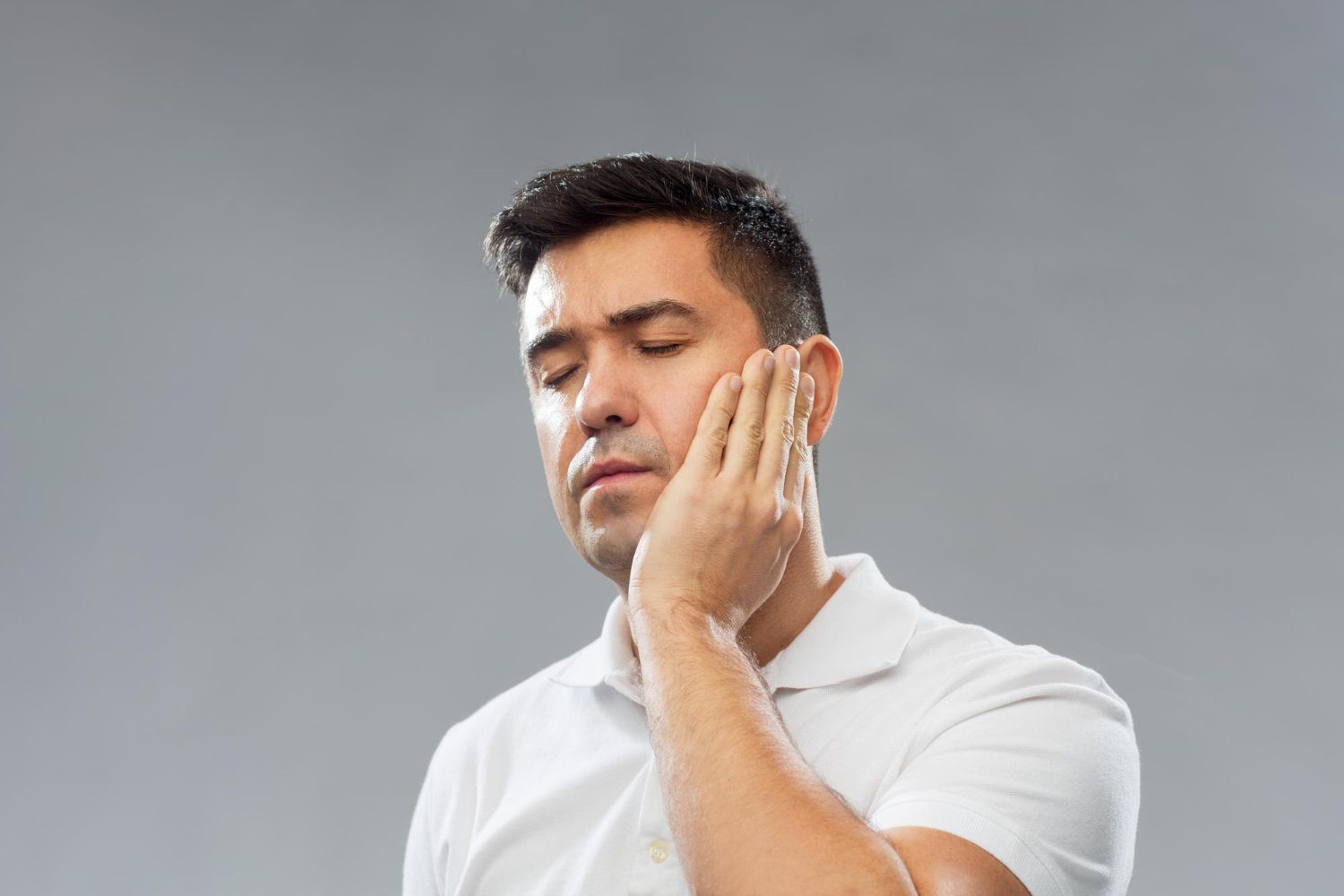Relieving TMJ Pain with Natural Methods

TMJ pain can be a real nuisance, affecting daily activities like eating, talking, and smiling. It stems from the temporomandibular joint, the hinge connecting your jaw to the skull. When this joint doesn't work properly, it can cause discomfort and pain felt around the jaw and ear. While TMJ disorders may seem daunting, there are plenty of natural methods to ease the pain and improve quality of life.
Dr. Cameron Kuehne, a recognized professional in the field, often highlights the importance of addressing TMJ disorders with safe and effective methods. With his help, you can explore how small lifestyle changes and simple natural remedies can bring significant relief. From dietary shifts to stress reduction techniques, understanding these approaches can make all the difference.
Understanding TMJ Pain
TMJ pain often starts with discomfort in the jaw or around the ear. It can feel like a tightness or a dull ache that sometimes radiates into the face. Many people with TMJ disorders experience clicking or popping sounds when they open or close their mouths. These symptoms might worsen during activities that involve a lot of jaw movement, such as eating chewy foods or talking for long periods.
The causes of TMJ pain can vary from person to person. It's usually linked to a combination of factors, including:
- Injury to the jaw or teeth
- Chronic teeth grinding or clenching (often during sleep)
- Stress-induced tension
- Arthritis affecting the joint
Understanding these potential causes can help you identify what might be worsening your symptoms. Dr. Cameron Kuehne recommends focusing on these elements when determining the best relief strategies. By knowing what may trigger TMJ pain, you can start taking steps toward alleviating discomfort.
Natural Methods for Relieving TMJ Pain
Exploring natural remedies is a great starting point for easing TMJ pain. Some practical methods recommended by Dr. Cameron Kuehne focus on dietary changes and jaw exercises. You might be surprised how much what you eat can affect your jaw health. Choosing softer foods can help reduce strain on the temporomandibular joint, thus lowering pain levels.
Consider these natural approaches:
- Opt for soft foods: Swap heavy chewing foods like steak and gum for soups, smoothies, and mashed potatoes.
- Try gentle jaw exercises: Exercises that promote relaxation and increase mobility can be beneficial.
- Practice stress management: Yoga, meditation, or simple breathing exercises can ease tension in the jaw and neck.
For many, a combination of these techniques provides a path to relief. They work best when integrated into a daily routine, allowing the jaw time to heal and adjust. While these methods can be quite effective, they should be approached with patience and consistency.
Dr. Cameron Kuehne’s Tips for Managing TMJ Pain
Dr. Cameron Kuehne shares valuable insights to manage TMJ pain naturally and effectively. He emphasizes lifestyle adjustments that focus on reducing stress on the jaw and promoting overall joint health. Here are some tips you might find useful:
- Maintain good posture: Sit up straight and keep your shoulders back to avoid putting extra pressure on your jaw.
- Avoid overusing your jaw: Try not to chew gum frequently or clench your jaw unconsciously while concentrating or stressed.
- Use a warm compress: Applying gentle heat to your jaw can soothe tense muscles and improve blood circulation, leading to symptom relief.
Dr. Kuehne also advises integrating relaxation techniques into your daily routine. Activities like deep breathing exercises or gentle yoga can reduce stress levels, which contribute to TMJ pain. Mindfulness practices give you a moment to pause and ease tension, providing your jaw with relief over time.
When to Seek Professional Help
Sometimes, natural methods might not be enough to eliminate TMJ pain, and knowing when to seek professional help is key. Persistent pain or discomfort significantly affecting daily life is a clear signal that you should consult a specialist.
Dr. Cameron Kuehne strongly recommends seeking professional guidance if you experience:
- Consistent joint pain not relieved by natural remedies
- Locking of the jaw, making it challenging to open or close your mouth
- Frequent headaches or earaches alongside jaw pain
It's important to get a proper diagnosis and treatment plan from experienced professionals like those at The Center For Sleep Apnea and TMJ. They can design a treatment plan that considers your specific situation, helping manage the pain effectively. Remember, listening to what your body is telling you and getting help at the right time can prevent issues from escalating, leading to greater comfort and a better quality of life.
For those in Meridian seeking effective relief from TMJ pain, understanding when to seek specialized care can be crucial. If natural methods are not delivering enough relief, exploring more targeted treatments could make a difference. Consult with a TMJ Specialist in Boise at CSAT Meridian - The Center For Sleep Apnea and TMJ for expert insights and solutions tailored to your needs. Their expertise can guide you toward finding comfort and improving your quality of life.










